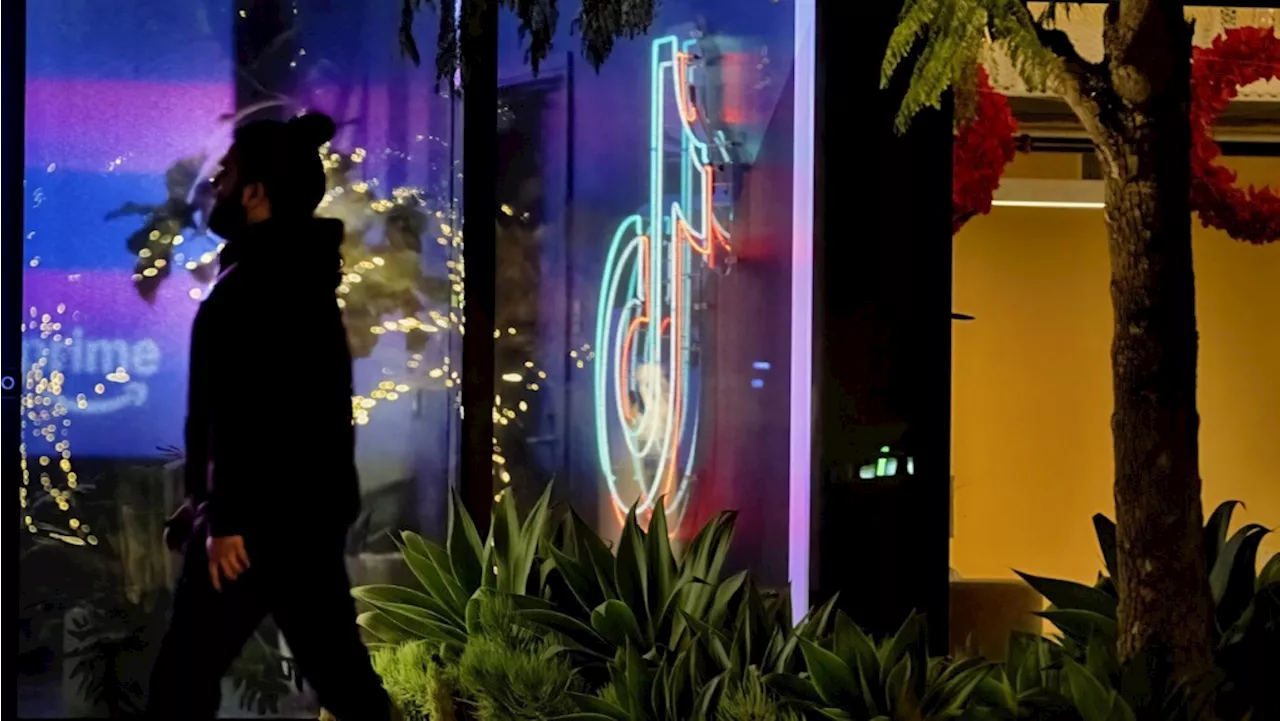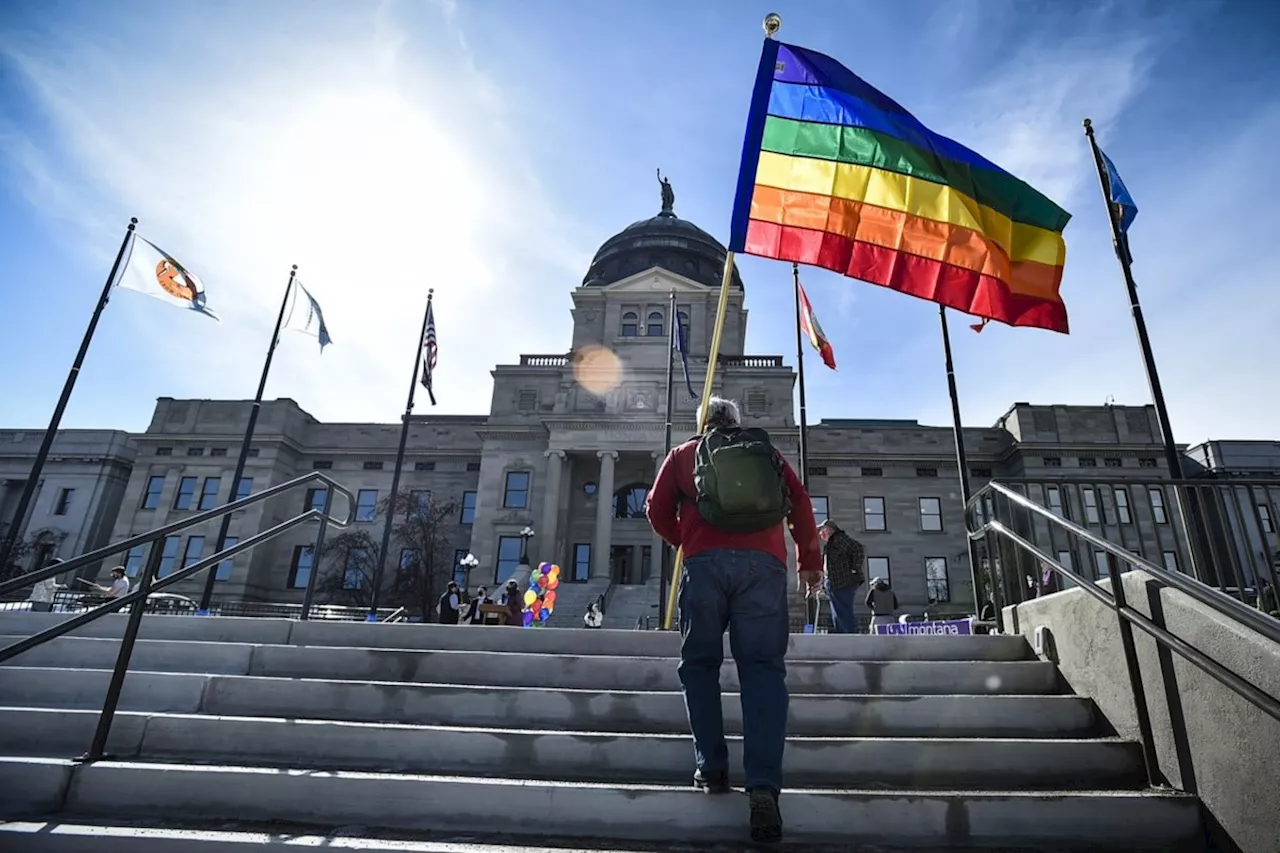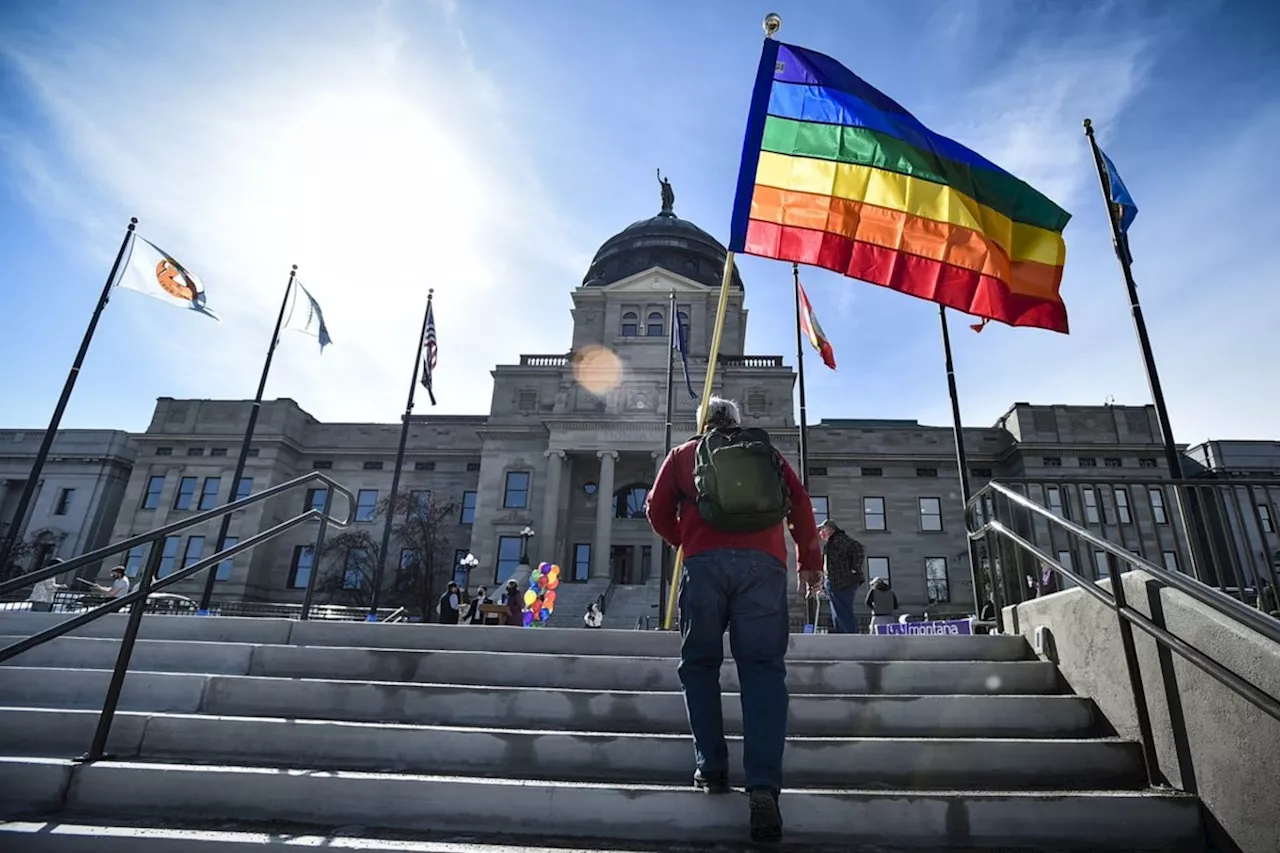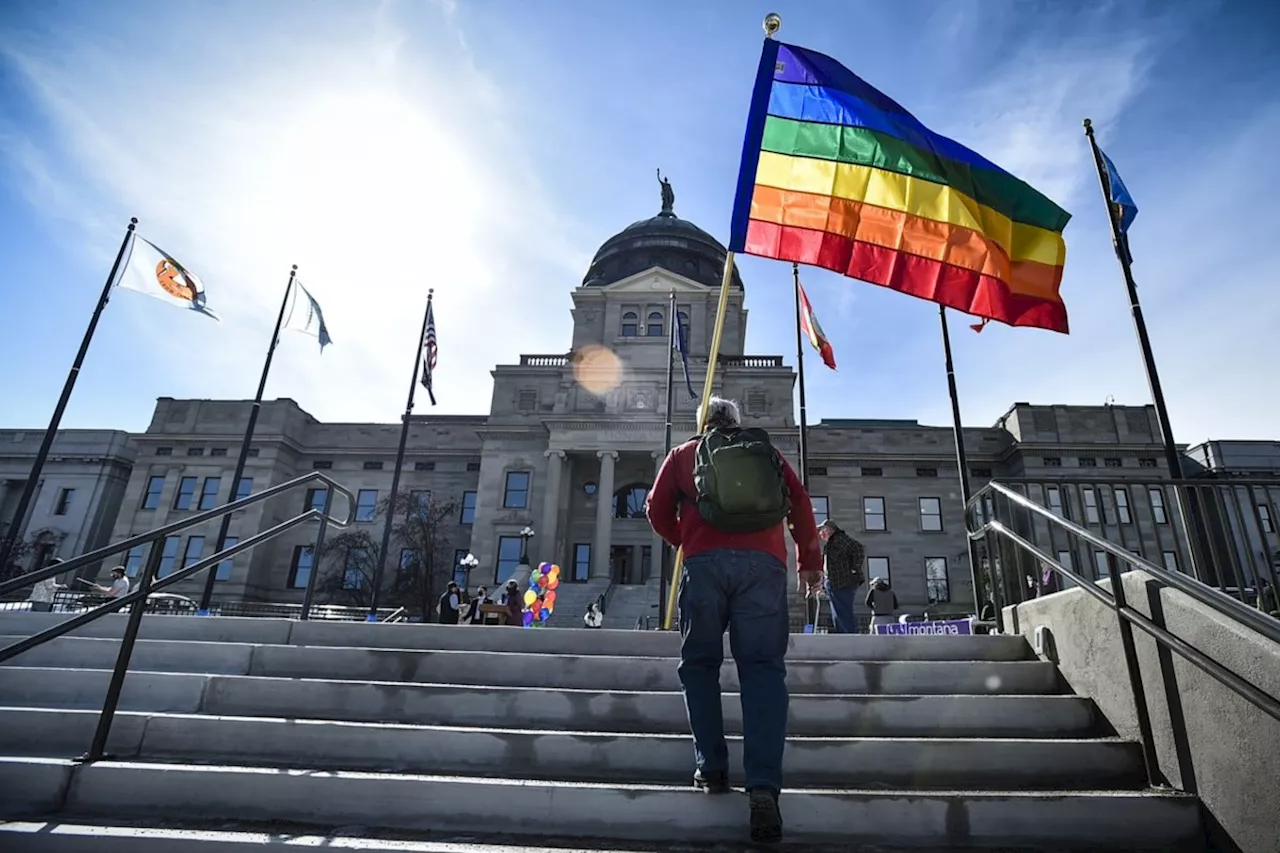The Supreme Court of Canada will hear a case that could clarify the boundaries of parliamentary privilege, particularly regarding the disclosure of national security information.
The Supreme Court ’s decision to hear a case about whether MPs can reveal national security information in the House of Commons could provide further clarity on the limits of parliamentary privilege , say legal and parliamentary experts.
Parliamentary privilege and its limits have been a hotly contested issue in recent Parliaments as opposition MPs have sought to compel the federal government to release documents, most recently concerning the controversial funding handed out by Sustainable Development Technology Canada. The House of Commons has argued that the power to request documents is an “absolute and unfettered” constitutional privilege that cannot be limited by a statute. The scope and limits of parliamentary privilege may soon be tested with the Supreme Court agreeing to hear a case brought by Lakehead University law professor Ryan Alford on whether the act that created the National Security and Intelligence Committee of Parliamentarians (NSICOP) unconstitutionally restricts the freedom of speech of MPs and Senators since it mandates that parliamentary privilege cannot be used as a defence if they are accused of revealing national security secrets. “I think this is a good opportunity for the court to discuss precisely in what ways parliamentary privilege is constitutionalized,” said University of Alberta constitutional law professor Gerard Kennedy. Parliamentary privilege has its basis in Section 18 of the Constitution Act of 1867, which states that “privileges, immunities, and powers to be held, enjoyed, and exercised by the Senate and by the House of Commons, and by the members thereof respectively, shall be such as are from time to time defined by Act of the Parliament of Canada.” Parliamentary privilege gives both the House and the Senate the authority to govern themselves. “Parliamentary privilege is certainly part of the Constitution of Canada,” Kennedy said
Parliamentary Privilege National Security Supreme Court Freedom Of Speech Constitution
Canada Latest News, Canada Headlines
Similar News:You can also read news stories similar to this one that we have collected from other news sources.
 TikTok asks U.S. appeals court to bar enforcement of potential ban until Supreme Court reviewTikTok asked a U.S. federal appeals court on Monday to bar the Biden administration from enforcing a law that could lead to a ban on the popular platform until the Supreme Court reviews its challenge to the statute.
TikTok asks U.S. appeals court to bar enforcement of potential ban until Supreme Court reviewTikTok asked a U.S. federal appeals court on Monday to bar the Biden administration from enforcing a law that could lead to a ban on the popular platform until the Supreme Court reviews its challenge to the statute.
Read more »
 Montana Supreme Court upholds lower court ruling that allows gender-affirming care for minorsHELENA, Mont.
Montana Supreme Court upholds lower court ruling that allows gender-affirming care for minorsHELENA, Mont.
Read more »
 Montana Supreme Court upholds lower court ruling that allows gender-affirming care for minorsHELENA, Mont.
Montana Supreme Court upholds lower court ruling that allows gender-affirming care for minorsHELENA, Mont.
Read more »
 Montana Supreme Court upholds lower court ruling that allows gender-affirming care for minorsHELENA, Mont.
Montana Supreme Court upholds lower court ruling that allows gender-affirming care for minorsHELENA, Mont.
Read more »
 Montana Supreme Court upholds lower court ruling that allows gender-affirming care for minorsHELENA, Mont.
Montana Supreme Court upholds lower court ruling that allows gender-affirming care for minorsHELENA, Mont.
Read more »
 Montana Supreme Court upholds lower court ruling that allows gender-affirming care for minorsHELENA, Mont.
Montana Supreme Court upholds lower court ruling that allows gender-affirming care for minorsHELENA, Mont.
Read more »
